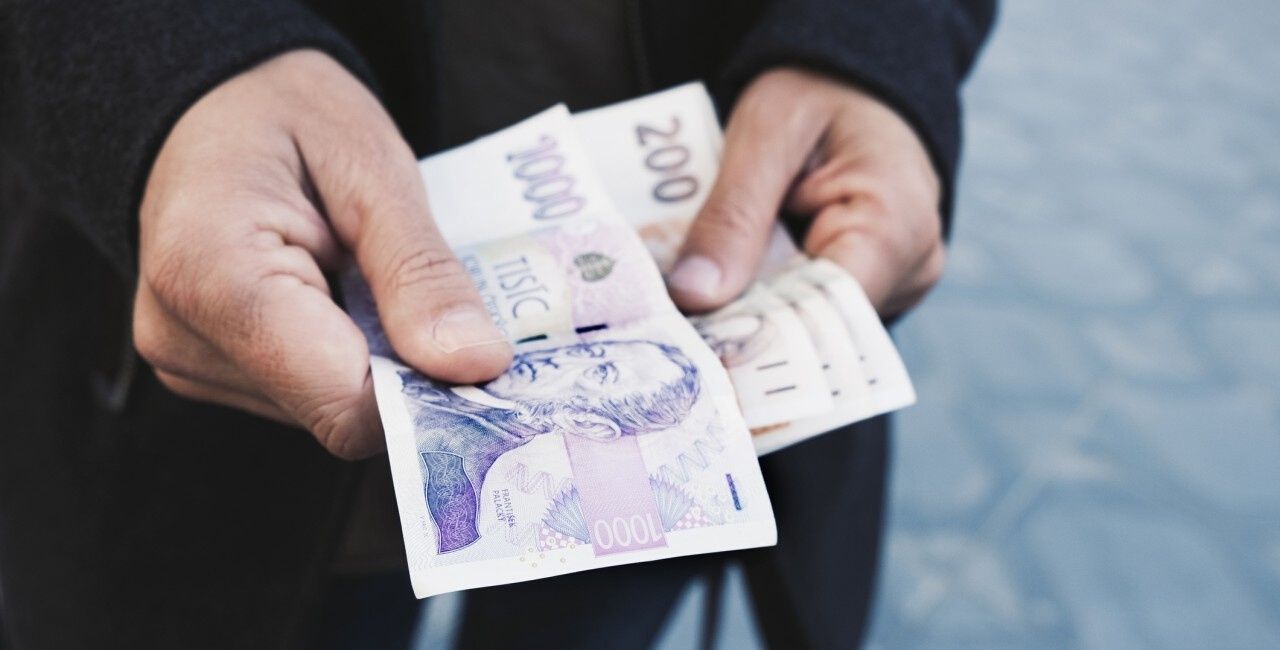Czech inflation accelerated to 11.1% year-on-year in February, its highest level since June 1998, up from 9.9% recorded in January, said the Czech Statistics Office in its monthly report.
“Inflation thus accelerated further, significantly exceeding the upper boundary of the tolerance band around the CNB’s target. Consumer prices adjusted for the first-round effects of changes to indirect taxes rose by 10.7% y/y in February,” said Petr Kral, Executive Director, Monetary Department.
The growth in consumer prices also exceeded analysts’ estimates, who expected growth to reach 10.3% to 10.6%. Some of them pointed out that the war in Ukraine, which had led to a sharp rise in the prices of a number of commodities, had not yet been included in February’s inflation.
“The inflationary impact of the war and the related sanctions in the Czech Republic will be felt only in the following months. Inflation may rise up to 15%. However, it depends on the development of the war conflict and the severity of the sanctions and Russian response,” commented Lukas Kovanda, chief economist at Trinity Bank.
“Consumer prices increased by more than 11% in comparison with last February. Y/y price growth has accelerated since last July, i.e. for eight consecutive months. The most significant price increases were observed for items from housing, transport and food,” noted Jiri Mrazek, director of Price Statistics Department of CSO.
Y/y growth in prices of natural gas stood at 28.3%, followed by 22.6% growth in prices of electricity (up from an 18.8% increase in January). “Conversely, the impact of indirect tax changes was somewhat smaller than forecasted, owing to a slightly lower effect of the reintroduction of VAT on energy in January and a more gradual pass-through into consumer prices of this year’s increase in excise duty on tobacco,” Kral noted.
In month-on-month terms, consumer prices increased by 1.3%. The highest monthly growth has been seen in housing and utility costs, mainly prices of gas and electricity, which went up by 5.6% and 3.2% respectively.
According to the central bank report, core inflation continues to increase on the back of strengthening growth in prices of goods and services. “Amid solid demand in the Czech economy, the latter reflects sizeable previous growth in firms’ personnel and material costs, including a marked rise in energy prices. Within core inflation, the contribution of the cost of owner-occupied housing in the form of imputed rent gained further in strength,” Kral explained.
As the CNB stated in its winter forecast, inflation was expected to peak at around 10% in 1H22 and return close to the 2% target over the monetary policy horizon, i.e. in 1H23. “However, as a result of the war in Ukraine, which is generating extreme price pressures, especially in the area of commodities, and has also caused the koruna to depreciate, inflation is very likely to record a further noticeable, albeit temporary, increase in the months ahead,” Kral commented.
Economists expect the CNB board to raise interest rates again at its next meeting at the end of March. They believe the base rate could rise to 5% or more (currently at 4.5%).
“From the CNB’s perspective, it is important to maintain the belief that the current inflation episode is temporary and that the central bank is taking steps to tame inflation. If we maintain this belief, 2023 will already be a positive year in terms of both price developments and economic growth,” said member of the CNB´s board Tomas Holub.
Support Prague Morning!
We are proud to provide our readers from around the world with independent, and unbiased news for free.
Our dedicated team supports the local community, foreign residents and visitors of all nationalities through our website, social media and newsletter.
We appreciate that not everyone can afford to pay for our services but if you are able to, we ask you to support Prague Morning by making a contribution – no matter how small 🙂 .




